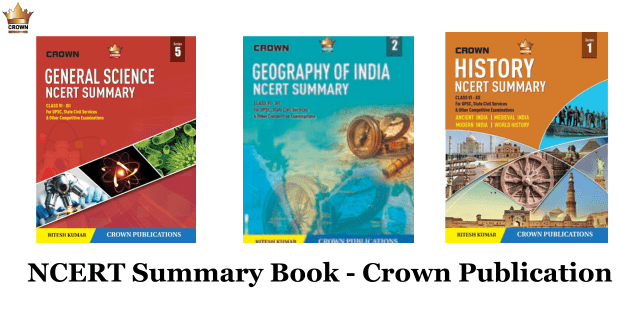India Constitution: Empowering Democracy with Pride
Indian Constitution: In the realm of governance, the constitution holds a paramount position. It is a compass guiding a nation through the intricacies of administration, rights, and laws. In essence, a constitution provides the framework that shapes the political and societal structure of a nation.
Why Do We Need a Constitution?
A constitution is the backbone of a nation, providing the blueprint of its governance structure and the principles that govern the relationship between the government and its citizens. There are several reasons why a constitution is indispensable:
Trust and Coordination: A Indian constitution fosters trust among diverse groups of people, enabling them to coexist in harmony. It allows for coordination among citizens, which is crucial for the smooth functioning of a democratic society.
Decision-making Power: It specifies who is vested with the authority to make certain decisions. This allocation of power helps in effectively running the government.
Rights and Limitations: A Indian constitution outlines the rights of citizens, placing limitations on the government’s power. It ensures that the government does not overstep its boundaries and infringe on people’s rights.
Societal Aspirations: Moreover, a constitution embodies the aspirations of people for a better society. It provides the vision for the kind of society that citizens aspire to live in.

The Purpose and Function of a Indian Constitution
The constitution plays a crucial role in shaping the fundamental nature of our society. It serves as a common agreement on the principles and rules governing the way a nation is managed. This includes not just the type of government, but also an agreement on the ideals that the country should uphold.
Defining the Nature of a Political System
In democratic nations, the constitution defines the political system’s nature. It provides a set of guidelines that govern decision-making within these societies, specifying the basic power allocation in a nation. For instance, in the Indian constitution, it is specified that Parliament generally makes laws and policies.
Fundamental Rights and Limitations on Government Power
In democratic societies, the constitution often lays down rules that guard against the misuse of authority by political leaders. For instance, the Indian Constitution guarantees the right to equality to all persons and prohibits discrimination on grounds of religion, race, caste, gender, and place of birth.
Preventing the Domination of a Group
Another vital role a Indian constitution plays in a democracy is to prevent the domination of a group over less powerful people or groups. It ensures that minorities are not excluded from anything that is routinely available to the majority.
Saving us from Ourselves
The constitution also plays a protective role, shielding us from decisions that might adversely impact the larger principles that the country believes in.
Aspirations and Goals of a Society
A constitution may enshrine a society’s aspirations. For instance, the framers of the Indian Constitution believed that every individual in society should possess a minimum material well-being, education, and other essentials for a dignified life.
The Fundamental Identity of People
A constitution expresses the fundamental identity of a nation’s people. This collective identity is formed by agreeing on basic norms about governance and principles.
Balanced Institutional Design
Well-crafted constitutions intelligently distribute power within a society, preventing any single group from subverting the constitution. This is achieved by fragmenting power across different institutions.

Essentials of a Good Constitution
A good constitution should be in harmony with the conditions and circumstances of a country and the genius of its people. It should be free from vagueness and ambiguities, drafted in simple and clear language to avoid uncertainties and misunderstandings.
Classification of Indian Constitutions
Constitutions can be classified into several categories:
Evolved and Enacted Constitutions: An evolved constitution grows and develops with time. In contrast, an enacted constitution is framed and adopted at a particular time.
Legal and Real Constitutions: Legal constitutions are formally enacted at a particular date, while real constitutions regulate the working of different organs of government through customs and usages.
Written and Unwritten Constitutions: A constitution is written if it has been formally enacted or formulated. An unwritten constitution, on the other hand, is based largely on customs and usages.
Rigid and Flexible Constitutions: A rigid constitution has a clear distinction between ordinary and constitutional laws and a special procedure for amending constitutional laws. A flexible constitution allows for the easy amendment of laws.
In conclusion, a constitution is the lifeblood of a nation, shaping its political, legal, and societal structure. It is an indispensable tool for maintaining harmony, safeguarding rights, and ensuring good governance.

